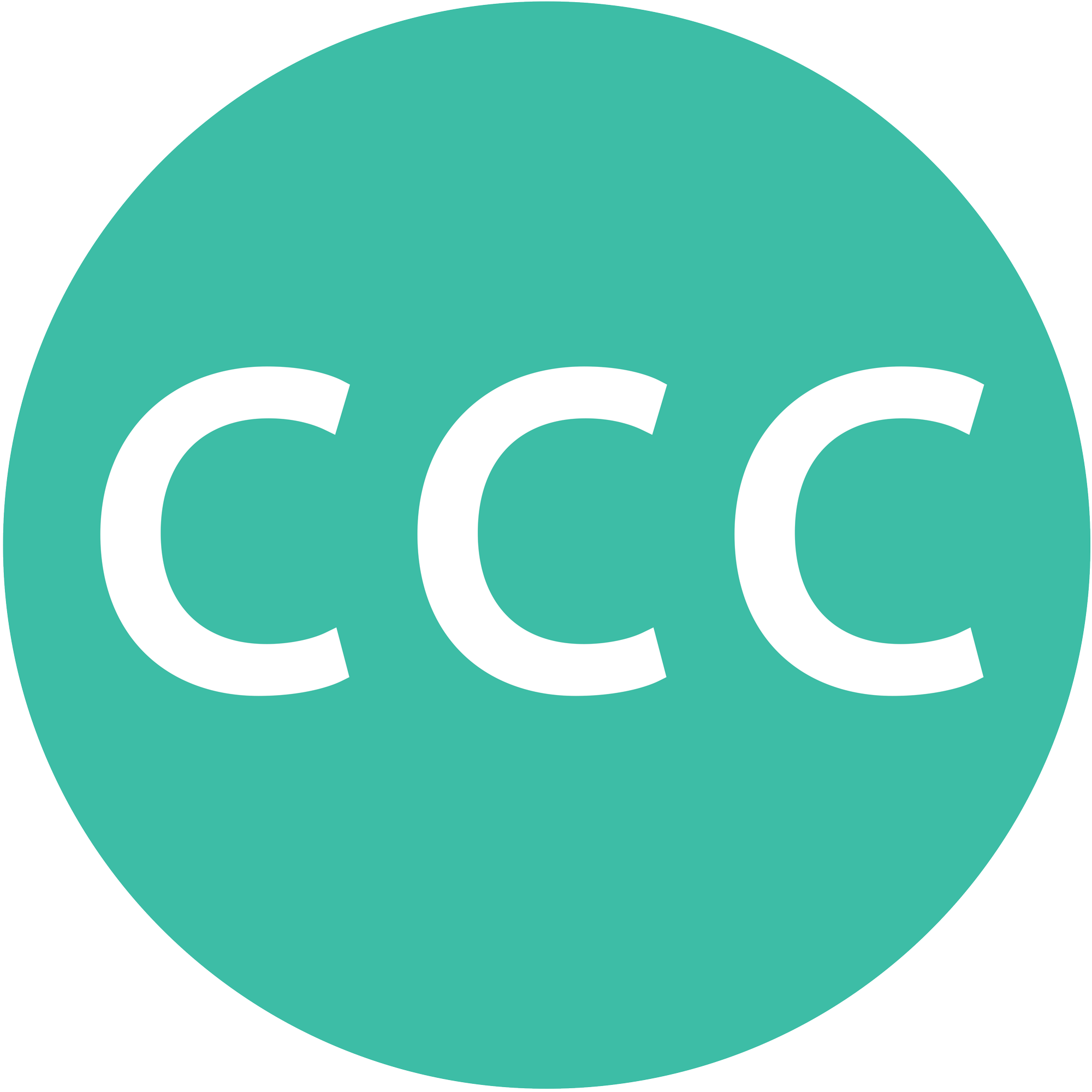One unintended consequence of this election is that we are by now overfamiliar with and becoming desensitized to things such as plutocracy, autocracy and even fascism. Autocracy, just a hop, skip and a jump away from plutocracy, is globally on the rise, as the New York Times writes in a chilling article: “According to the 2024 Democracy Report issued by the Swedish-based V-Dem Institute, 71 percent of the world’s population—5.7 billion people—live in autocracies.”
Every week there is more outrageous news about the ultra-rich taking complete control over our politics, and dare I say, our lives. Last week we saw billionaire owners of The Washington Post and Los Angeles Times defy their editorial boards and refuse to issue endorsements in a Presidential election, breaking with decades of tradition and policy. During my early voting years, especially during the Humphrey-Nixon race, where anti-war sentiments made it hard for many of us to vote for Humphrey, my father would say, “not voting is a vote for the other guy.” That’s the problem with these newspapers’ silence.
Unfortunately, many of my donor colleagues have also been relatively silent when it comes to providing financial support to organizations trying to protect democracy. Our foundation, the WhyNot Initiative, has invested $20 million over the last two years–10% of our total endowment–to do our bit to ensure that every citizen has the right to vote and a reason to vote. Yet we still receive daily emails of budget gaps from pro-democracy nonprofits that suggest we donors are just not doing enough. It’s the rainy-day syndrome that also prevents major foundations and ultra-rich donors from making the Crises Charitable Commitment pledge.
In fact, despite impressions from news reports to the contrary, one of the things that surprises me is how little the ultra-rich spend in and on elections. Elon Musk wowed the media by giving approximately $250 million to Trump’s campaign, but this represents less than 0.1% of his net wealth. It’s a rounding error. Bill Gates reported giving $50 million to the Harris campaign, 0.05% of his net wealth. Stoop change. This should be scary to every citizen who believes in democracy, because the ultra-rich already dominate our political institutions and we ain’t seen nothin’ yet.
This is just one reason we need to do something about excessive wealth, and that something is taxes. Back in 1927 Supreme Court Justice Oliver Wendell Holmes, Jr. wrote, “taxes are what we pay for civilized society.” The ultra-rich should contribute–significantly more than they do now– to a civilized society, not control it. Ever since Adam Smith published The Wealth of Nations in 1776, there has been general agreement that taxes should be progressive, that is, based on one’s ability to pay. Not just more dollars, but a greater percentage of dollars.
In the Halloween spirit, let me illustrate my point with jellybeans. Everybody loves jellybeans, or at least I do. Let’s say John Q doesn’t have any jellybeans, but the person on his left, Bill, has six jellybeans and the person on his right, Jack, has sixty (by the way, honoring the restrictions due to our 501c3 status, left and right here is directional, not political). If John Q wants to have two jellybeans, does John Q take one each from Bill and Jack, or does he take two from Jack. Irrespective of how Jack “earned,” inherited, expropriated, or otherwise collected his jellybeans, I’d hope we can all agree that Jack has too many jellybeans, and taking two from him still means he will get sick consuming his stash (an example of excessive wealth disorder). So, every time John Q wants two more jellybeans, he should keep taking them from Jack until either John Q didn’t want anymore jellybeans or Jack had only a reasonable number of more-than-enough jellybeans. That’s ability to pay, and if John Q were the government, that would be progressive taxation.
Unfortunately, in real life most government officials and tax advocates want to take one jellybean each from Bill (who makes $500,000 per year) and Jack (who makes $5 million per year). Why, because a) these government officials don’t understand how many jellybeans Jack really has (billions); or b) don’t think it can politically collect two jellybeans from Jack; or most likely c) because Jack is putting several jellybeans in candidates’ coffers. None of which should stop the jellybean-less from demanding we tax the ultra-rich now until their excessive wealth is no longer excessive.
Since Jack isn’t being required to give John Q some jellybeans, what if he voluntarily did so? That we call philanthropy. Here again, philanthropy should be evaluated on the principle of ability to pay: the more jellybeans you have, the greater percentage of jellybeans you should give away. Today, unfortunately, when Jack gives away three of his sixty jellybeans (5%), he is admired (the “good billionaire”); whereas if Bill gives away one of his six jellybeans (15%), it isn’t even noticed.
To be clear, philanthropy is a distant second best to paying taxes. As Anand Giridharadas aptly explained the difference to the ultra-rich: “Taxes are just like the philanthropy you already do–except you don’t get your name on the building, you don’t choose what it’s spent on, it’s not optional, and your nephew can’t be on the board.”
Let me leave you with this: If a jellybean is worth one dollar, Elon Musk would have enough jellybeans (272 billion, more or less) that would approximate the weight of the Empire State Building (650 million pounds), and if laid end to end, would wrap around the earth 75 times (1,875,000 miles). That’s way too many jellybeans. It could even drive a person nuts.
I hope Halloween treats you well, but don’t overdo it on the jellybeans!
